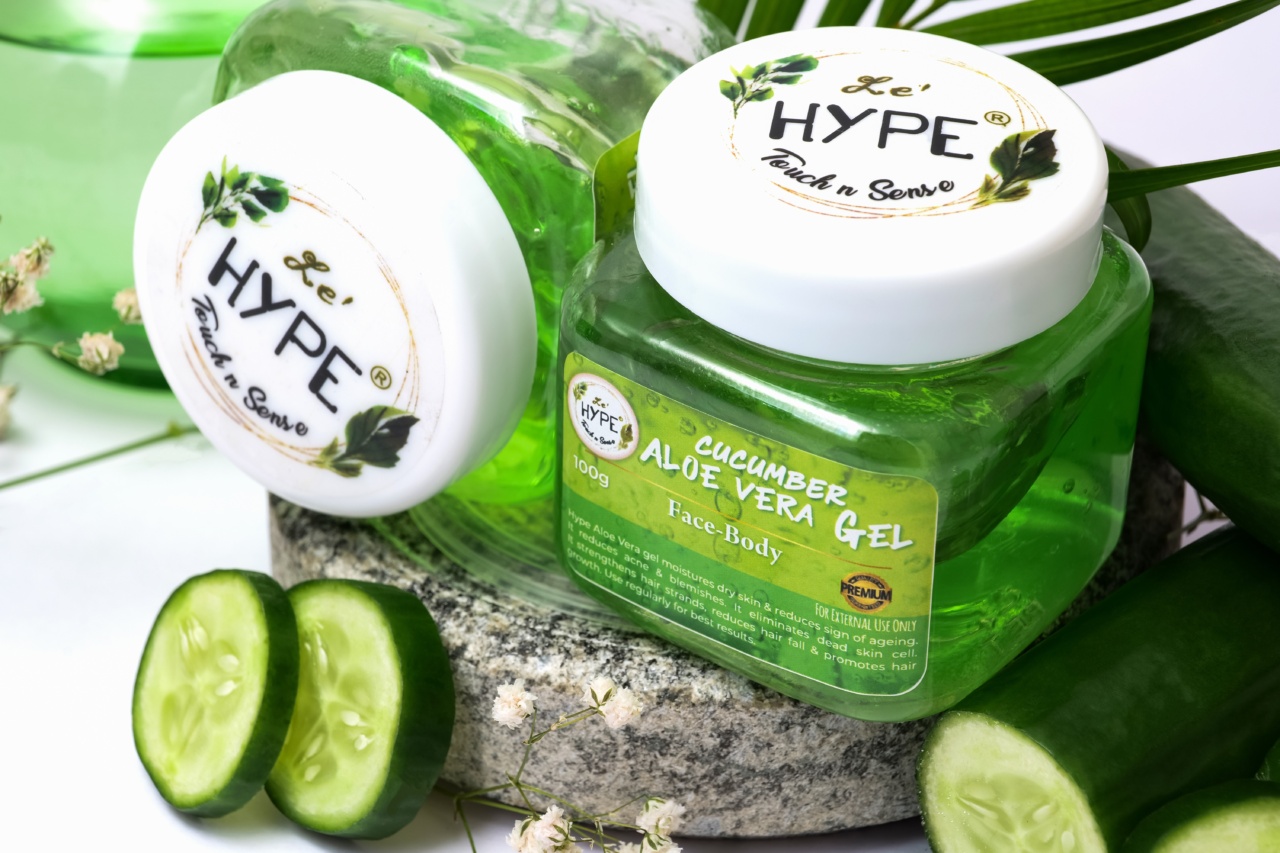Aloe Vera is a succulent plant species that has been used for centuries in traditional medicine and skincare. It belongs to the family Aloe, which includes over 500 species.
The most commonly known and used species is Aloe Vera, scientifically known as Aloe barbadensis miller.
Historical Uses of Aloe Vera
The historical uses of Aloe Vera date back thousands of years.
Ancient Egyptians revered this plant and referred to it as the “plant of immortality.” They used Aloe Vera to treat various ailments, including burns, wounds, and skin infections.
Similarly, ancient Chinese and Indian cultures incorporated Aloe Vera into their traditional medicine practices. The plant was highly regarded for its healing properties and was believed to have numerous health benefits for internal and external use.
Components of Aloe Vera
Aloe Vera is rich in various beneficial components, including:.
1. Water: Aloe Vera consists of about 95% water, making it incredibly hydrating for the skin and body.
2. Vitamins: It contains essential vitamins, such as vitamin A, C, and E, all of which are potent antioxidants known for their anti-aging properties.
3. Minerals: Aloe Vera is a source of minerals like calcium, magnesium, and selenium, which are vital for maintaining overall health.
4. Enzymes: Aloe Vera contains enzymes that aid in digestion and promote healthy gastrointestinal function.
5. Amino acids: These are the building blocks of proteins and play a crucial role in the formation of skin cells, tissues, and muscles.
Health Benefits of Aloe Vera
Aloe Vera offers a wide range of health benefits, both when consumed internally and applied externally.
Internal Benefits
1. Digestive Health: Aloe Vera aids in digestion, soothes stomach irritation, and alleviates symptoms of acid reflux and irritable bowel syndrome (IBS).
2. Immune System Support: The vitamins and antioxidants present in Aloe Vera help strengthen the immune system and protect the body against infections.
3. Detoxification: Aloe Vera helps cleanse the body by eliminating toxins and promoting proper liver function.
4. Blood Sugar Regulation: Studies have shown that Aloe Vera can help regulate blood sugar levels, making it beneficial for individuals with diabetes.
External Benefits
1. Skin Hydration: Aloe Vera gel is a natural moisturizer that hydrates and nourishes the skin, providing relief from dryness and irritation.
2. Wound Healing: Aloe Vera has significant wound healing properties, promoting faster healing of cuts, burns, and other skin injuries.
3. Sunburn Relief: Aloe Vera gel has a soothing effect on sunburned skin and aids in reducing redness, inflammation, and pain.
4. Anti-Aging: Regular use of Aloe Vera can help minimize the appearance of fine lines, wrinkles, and age spots, giving the skin a more youthful appearance.
How to Use Aloe Vera
Aloe Vera can be used in various forms, including:.
1. Aloe Vera Gel: The gel extracted from the leaves of the Aloe Vera plant can be applied topically to the skin or consumed orally by mixing it in smoothies or juices.
2. Aloe Vera Juice: Aloe Vera juice, derived from the inner gel of the plant, can be consumed directly or mixed with other juices for added health benefits.
3. Aloe Vera Supplements: Aloe Vera is available in supplement form, such as capsules or tablets, for convenient consumption.
Precautions and Side Effects
While Aloe Vera is generally safe for most people when used topically or taken orally in moderation, it may cause allergic reactions in some individuals.
It is always advisable to do a patch test before applying Aloe Vera gel to the skin and to consult a healthcare professional before consuming Aloe Vera supplements, especially if you have any pre-existing medical conditions or are on medication.
Conclusion
Aloe Vera has a long history of traditional use and is known for its various health and skincare benefits.
With its rich nutrient profile, including vitamins, minerals, enzymes, and amino acids, Aloe Vera offers internal and external support for overall well-being. Whether you choose to use it topically or consume it orally, Aloe Vera can be a valuable addition to your daily routine.



























